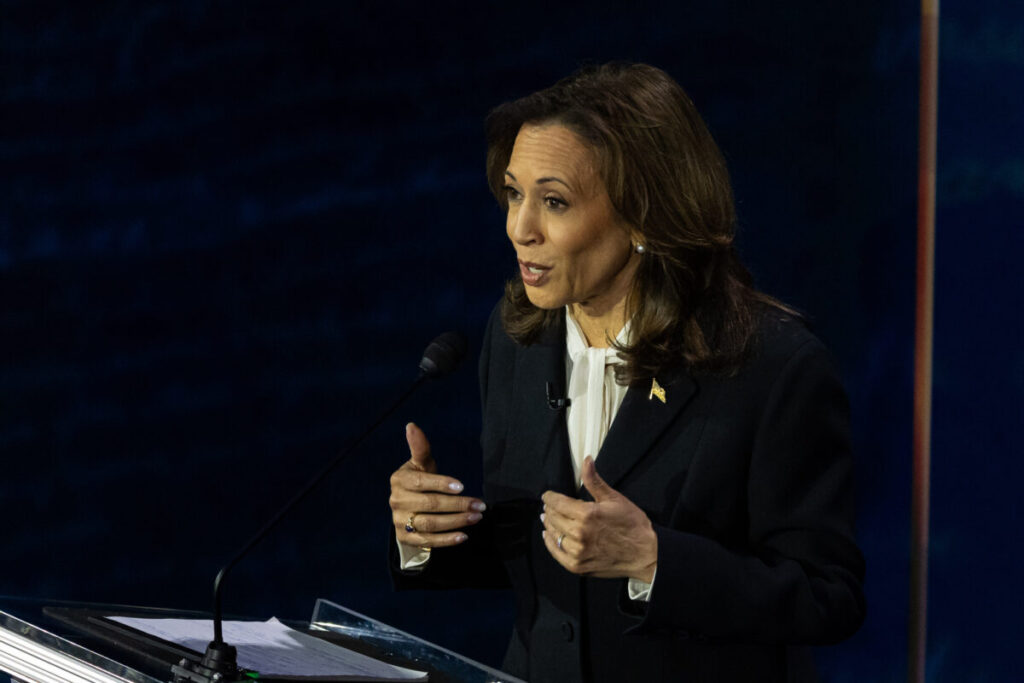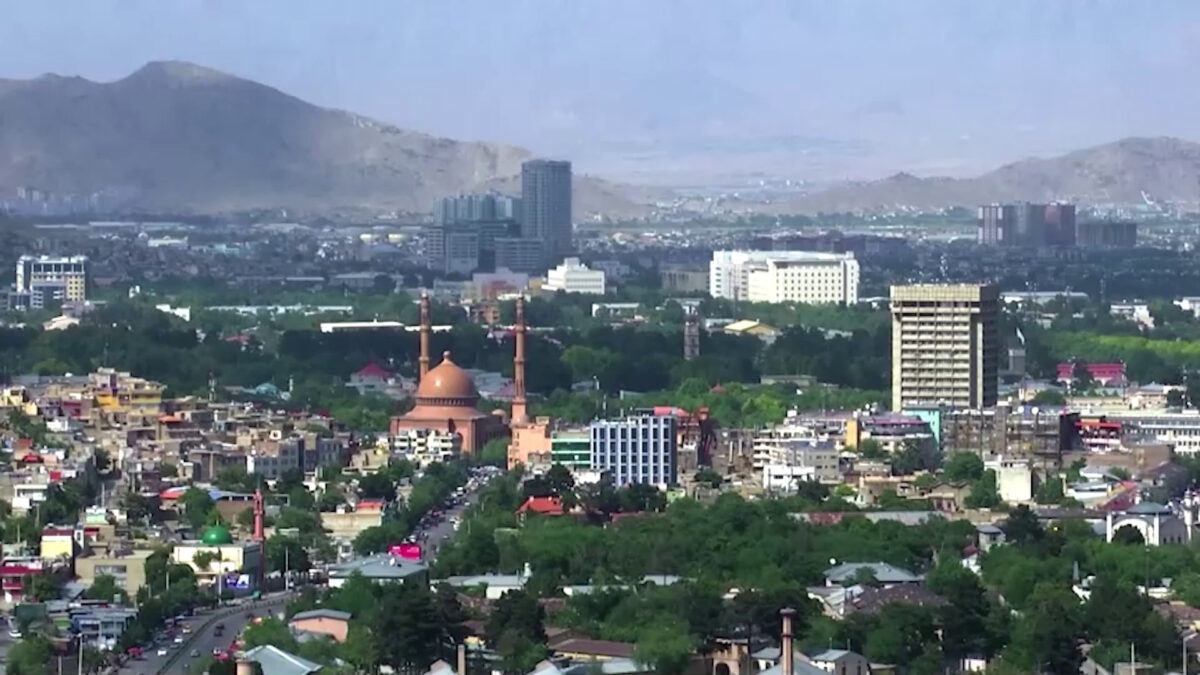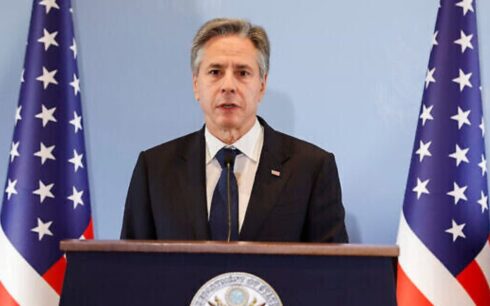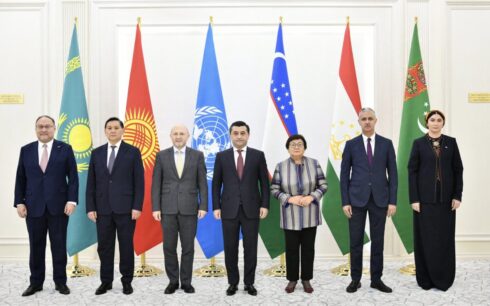KABUL, Afghanistan — For the first time in more than two decades, Afghanistan has largely faded from the U.S. presidential campaign spotlight. Despite the Taliban’s strict rule and ongoing human rights abuses in Afghanistan, the Democratic and Republican candidates in the 2024 race have scarcely addressed the nation’s plight, opting instead to focus on America’s exit from Afghanistan and the Doha Agreement as points for political sparring.
Analysts note that Afghanistan’s absence from the debate contrasts with past elections, where the U.S. role in Afghanistan often took center stage. This year, however, it has mainly surfaced as a tool for partisan blame rather than a subject of future policy.

“Americans don’t generally vote based on foreign policy, which is why Afghanistan isn’t prominent in campaign messages,” said Tahir Qadiri, Afghanistan’s ambassador to Poland. “The Doha Agreement was signed under Trump and implemented under Biden, and both parties now use it to shift blame rather than to propose solutions. Given this, significant policy shifts toward Afghanistan seem unlikely regardless of who wins.”
Other foreign policy crises—such as the ongoing war in Ukraine and tensions in the Middle East—are also competing for attention, further pushing Afghanistan to the periphery of U.S. priorities. “The U.S. is currently more focused on Ukraine and Gaza,” said Zaman Stanizai, a professor at California State University. “These conflicts are drawing resources and attention, which may explain why the U.S. has largely sidelined Afghanistan.”
Rahmatullah Bejhanpour, a political analyst, noted that the next U.S. president will need to address an array of international challenges, with Afghanistan representing just one of many. “Both the Taliban and Afghanistan’s neighboring countries are watching closely to see what direction the next president will take,” he said. “But Afghanistan is one among a list of critical issues awaiting the new administration.”

Since the U.S. withdrawal in August 2021, concerns about the resurgence of terrorist groups in Afghanistan—such as al-Qaeda, ISIS, and the Pakistani Taliban (TTP)—have periodically surfaced among U.S. officials and international watchdogs. However, some experts predict that regardless of the election outcome, American interests will likely remain the administration’s primary focus.
“Whoever wins, the U.S. will prioritize its own security interests,” said Bismillah Taban, a military analyst. “They will respond only to global threats that could compromise these priorities.”
Meanwhile, Afghan citizens continue to hope that the next U.S. administration will pressure the Taliban on human rights issues, particularly the repression of women and girls. Many Afghans see America’s influence as a potential lever to urge the Taliban toward reforms, though expectations are tempered by the campaign’s limited focus on their country.





